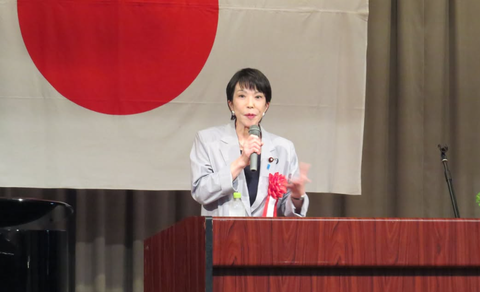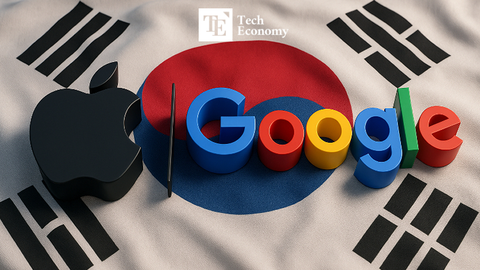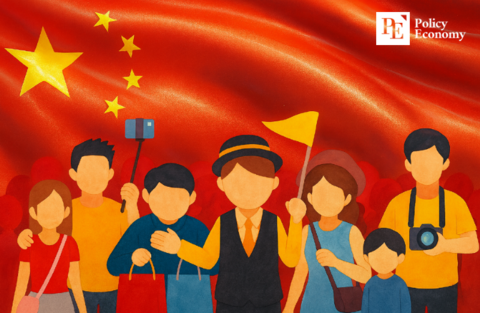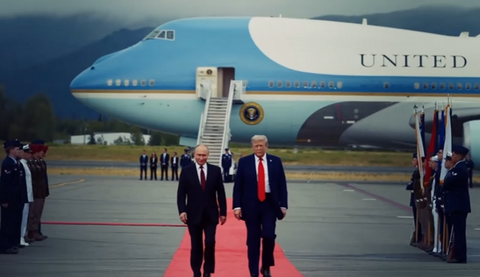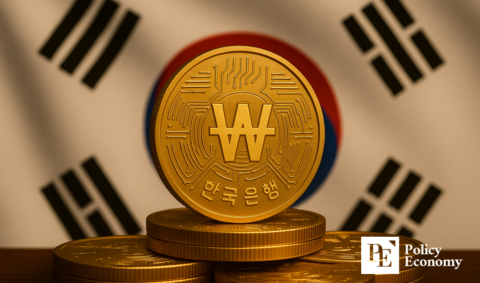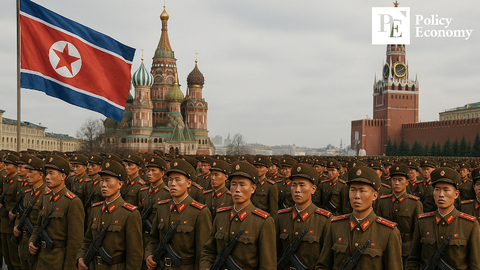“Let’s Absorb Middle East ‘Oil Money’” — U.S. Eases AI Chip Export Restrictions
Input
Changed
U.S. Biden Administration Scraps ‘AI Expansion Rules’ Regulatory Easing Benefits Both the Middle East and the U.S. “Big Deals Are Pouring In” — U.S. Big Tech Companies Rejoice
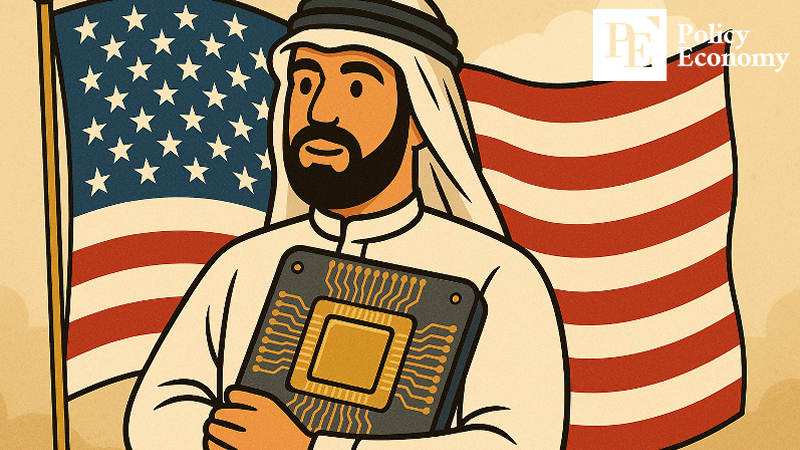
The administration of U.S. President Donald Trump is set to overhaul the artificial intelligence (AI) chip export restrictions previously implemented by the Biden administration. The revised policy aims to ease regulations on AI chip exports to Middle Eastern countries, with the dual goals of attracting petrodollars and curbing China’s influence in local markets. In fact, it has been confirmed that several major U.S. tech companies—including NVIDIA and AMD—have already secured a series of major deals in the Middle East, seizing this regulatory shift as a business opportunity.
U.S. Abolishes Country-Based AI Chip Export Restrictions
WASHINGTON, D.C. — May 14 (local time) — The U.S. Department of Commerce has officially scrapped its country-tiered restrictions on AI chip exports, signaling a major shift in America’s semiconductor export strategy. According to a statement reported by the Wall Street Journal, the move repeals the Biden-era "AI dissemination rule," which had divided countries into three tiers to control access to advanced U.S. AI chips.
The original regulation, enacted under President Biden, classified countries into:
Tier 1 ("Inner Circle"): Including the Five Eyes nations (UK, Canada, Australia, New Zealand), key Western European allies, Japan, South Korea, and Taiwan — these nations faced no restrictions.
Tier 2: Middle-ground countries, largely in Latin America, the Middle East, and Southeast Asia, were allowed to purchase limited quantities.
Tier 3: Blacklisted countries such as China, North Korea, Iran, Russia, and Syria were completely barred from access.
The Department of Commerce explained that the tiered system risked alienating dozens of countries relegated to Tier 2. Officials added that a new, more nuanced framework would be announced in the coming months. Analysts expect the Trump administration to favor a transaction-based, rather than nation-based, approach.
Strategic Shift Amid Middle East Tour
News of the repeal came just hours after President Donald Trump attended the U.S.-Saudi Investment Forum during his Middle East tour. David Sacks, the administration’s AI and cryptocurrency advisor, stated that the original regulation “hindered the diffusion of U.S. technology to trusted allies,” singling out Saudi Arabia as a “reliable partner.”
For Middle Eastern nations like Saudi Arabia and the UAE — traditionally limited to 1,700 AI chips annually under the old rule — this marks a breakthrough. These countries have been trying to pivot their economies from oil dependency to high-tech growth, often turning to Chinese firms when blocked from purchasing from U.S. giants like Nvidia. Some Chinese companies reportedly funneled restricted chips to the Middle East to circumvent export bans, drawing Washington’s concern.
With restrictions lifted, the U.S. gains twofold: access to Middle Eastern petro-capital and a strategic edge over China's encroaching AI ambitions.
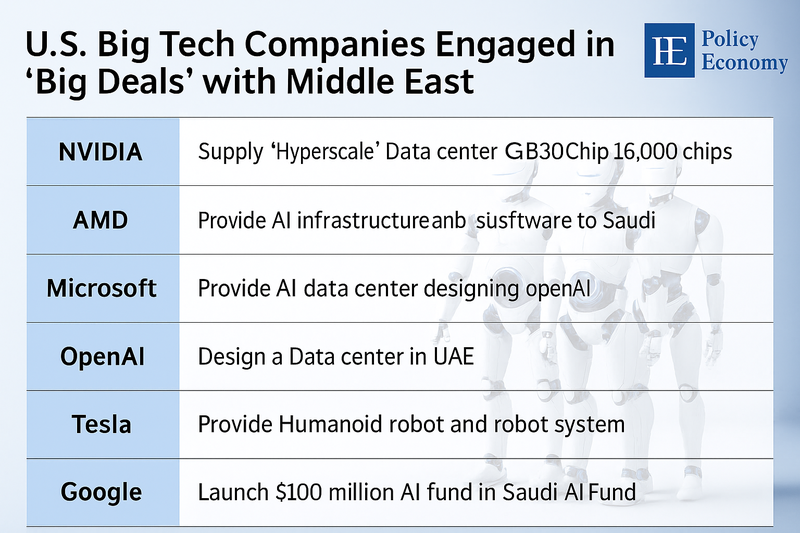
Big Tech Sees a Windfall
U.S. tech giants are already reaping the benefits. On May 13, Nvidia announced a landmark $10 billion deal to supply 18,000 of its cutting-edge GB300 chips to Saudi AI firm Humane for a 500-megawatt mega-data center — five times the size of major U.S. installations operated by Google and Microsoft. Over the next five years, Nvidia is expected to supply hundreds of thousands of chips.
Competitor AMD has also joined the initiative, providing chips and software, while Cisco is delivering network and security infrastructure to support Humane’s ambitious buildout.
Elsewhere, Google-backed Saudi VC STV launched a $100 million fund aimed at seeding MENA-region AI startups, though Google’s specific contribution remains undisclosed.
Elon Musk has also moved quickly. On May 12, he offered Saudi Arabia his Starlink satellite internet service and proposed deploying Tesla’s autonomous robotaxi fleet across the kingdom. Musk also introduced the latest version of Tesla's humanoid robot “Optimus” to President Trump and Saudi Crown Prince Mohammed bin Salman in a high-profile demonstration.
The policy shift marks a dramatic reorientation in U.S. semiconductor diplomacy — away from rigid geopolitics and toward dynamic strategic alignment. By embracing the Middle East's digital ambitions, the U.S. not only undercuts China's influence but also unlocks a new frontier for American tech dominance.
As Washington prepares to unveil its new AI export policy, the industry — and the world — will be watching closely to see how this realignment reshapes the future of artificial intelligence.

